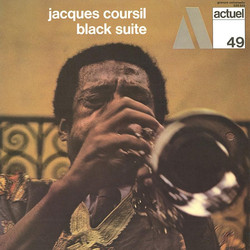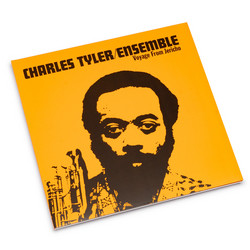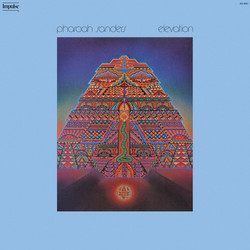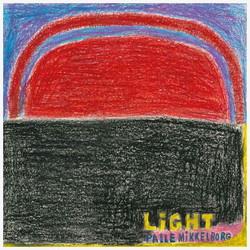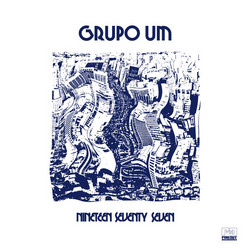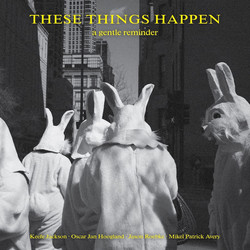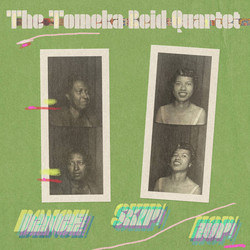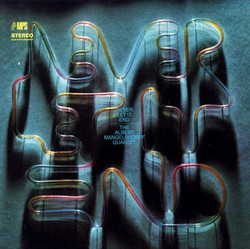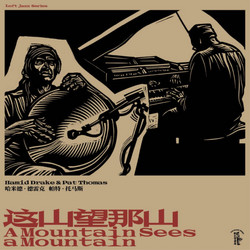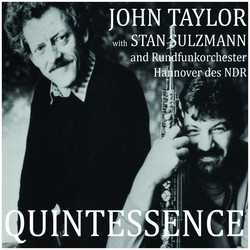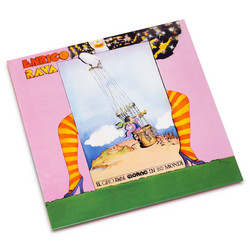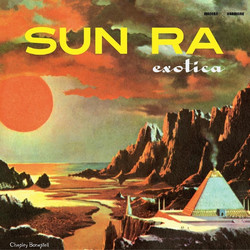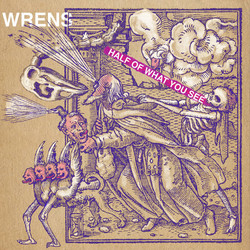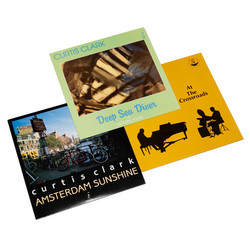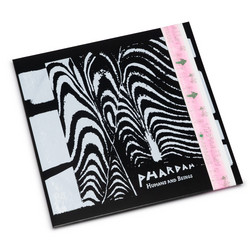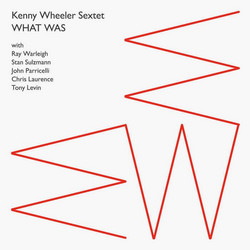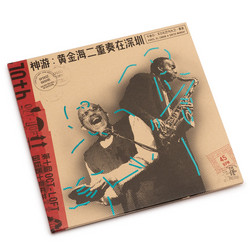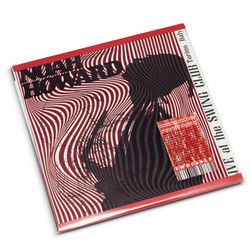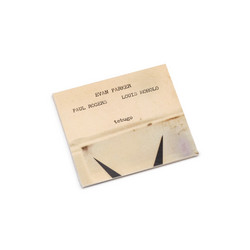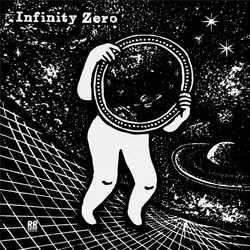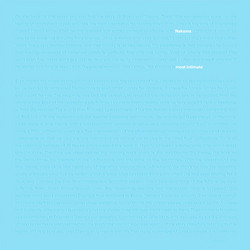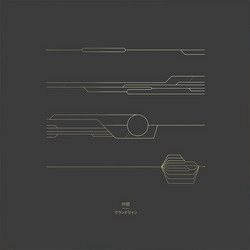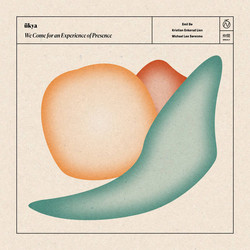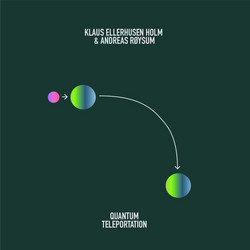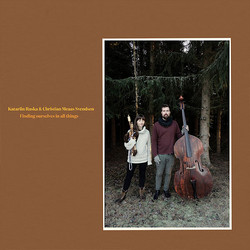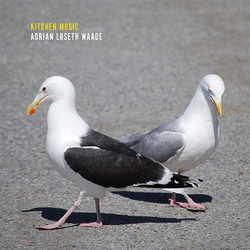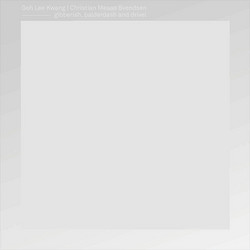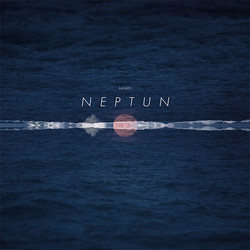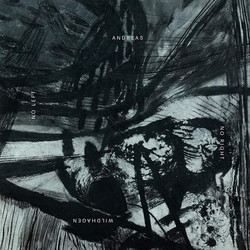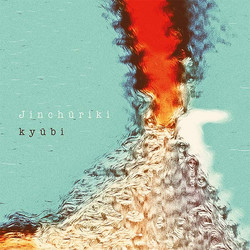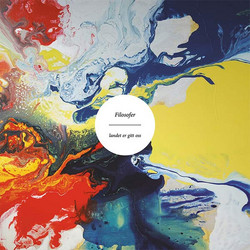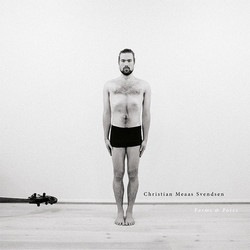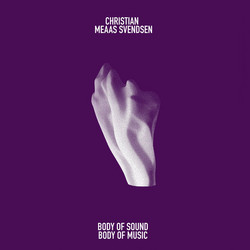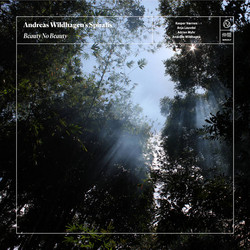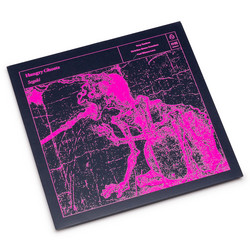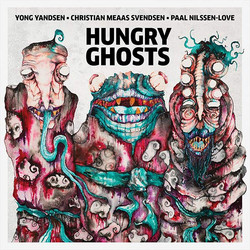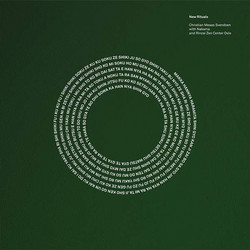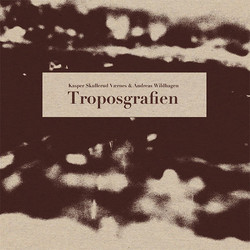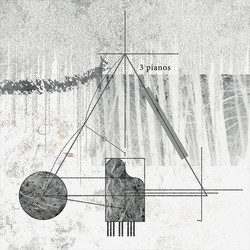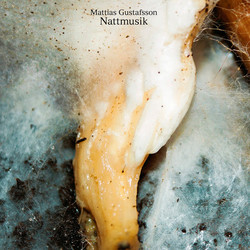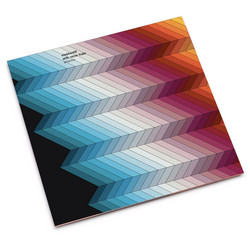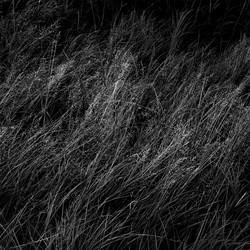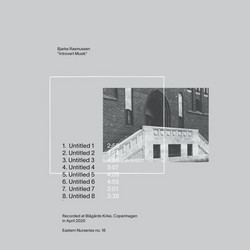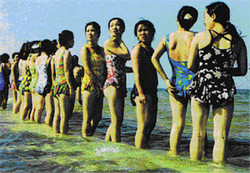Before the Storm features four original compositions by Nakama’s leader Christian Meaas Svendsen. The album is the group’s first recording, and can be summed up as an investigation of sound related to silence through a minimalistic approach to both written and improvised material. The tracks on the recording are four attempts to define the nature of what we normally define as silence, and present at the same time a musical idiom of a band that operates on the outside of conventional borders.
"The japanese word Nakama – 仲間 – may be translated as a ‘colleague’ or ‘comrade’. Nakama is also Oslo-based new musicians collective and a label, founded in 2015, with a declared philosophy to create a non- hierarchical setting for its musicians and to suggest «interesting, groundbreaking, alternative music». Nakama is also a quartet led by bass player and composer Christian Meaas Svendsen and consists of his partner in the groups Mopti, Knyst! and Paal Nilssen-Love Large Unit, drummer Andreas Wildhagen; Japanese pianist Ayumi Tanaka, whose trio features Svendsen; and violinist Adrian Løseth Waade. The debut album of this label and of the Nakama quartet is far from any previous recorded project of Svendsen, including his solo one («M/W», Va Fongool, 2013). The four compositions blend elements of free jazz distilled through Japanese traditional, ceremonial music and minimalist compositional techniques, using silence as a factor that determines the music flow and course. The ritualistic, 18-minutes «Gyōdō» (after the Buddhist ceremony) demonstrates Nakama ambitious, experimental sonic vision. It is developed in a highly disciplined manner where the bass, violin and drums sketch a repetitive, minimalist drone while the piano slowly shines out of this gravely articulated drone, reinforcing the intense, ceremonial vein. «Empty Day» explores delicate, quiet overtones of the violin and bass between abrupt silent segments, demanding new sensitivity to the spectrum between silence and sound. «Yūgen» (after the Japanese aesthetic concept that describes the subtle profundity of things), is a short, silent piece, disturbed only by minimalist, sparse touches of the instruments. The last «End Point» is the only piece that suggests fragments of a lyrical melody amid the tension explored between the focused, fleeting played parts and the silences. Bold and fascinating." - Eyal Harueveni / Salt Peanuts
